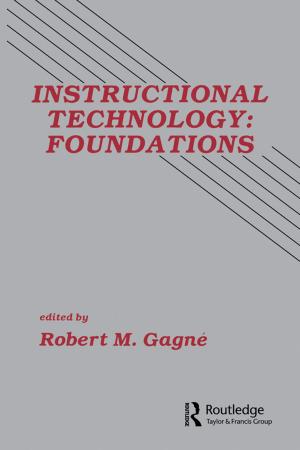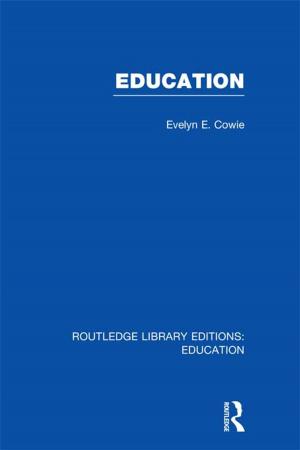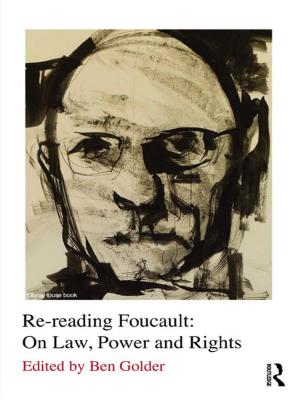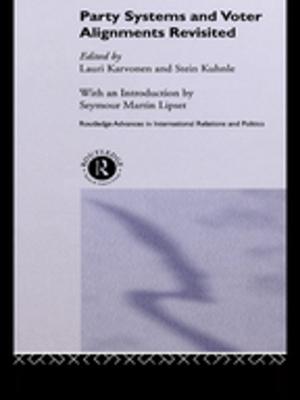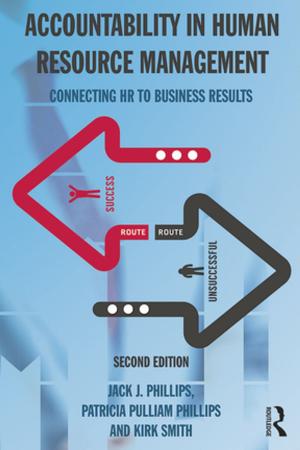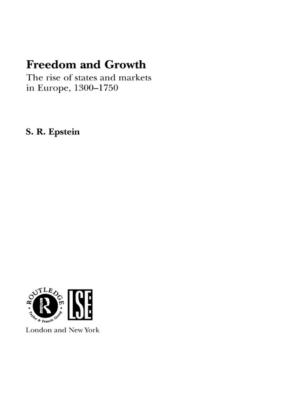The Language of Journalism
Volume 1, Newspaper Culture
Nonfiction, Reference & Language, Language Arts, Journalism, Social & Cultural Studies, Social Science, Sociology| Author: | ISBN: | 9781351327183 | |
| Publisher: | Taylor and Francis | Publication: | April 17, 2018 |
| Imprint: | Routledge | Language: | English |
| Author: | |
| ISBN: | 9781351327183 |
| Publisher: | Taylor and Francis |
| Publication: | April 17, 2018 |
| Imprint: | Routledge |
| Language: | English |
The newspaper is to the twentieth century what the novel was for the nineteenth century: the expression of popular sentiment. In the first of a three-volume study of journalism and what it has meant as a source of knowledge and as a mechanism for orchestrating mass ideology, Melvin J. Lasky provides a major overview. His research runs the gamut of material found in newspapers, from the trivial to the profound, from pseudo-science to habits of solid investigation.
The volume is divided into four parts. The first attacks deficiencies in grammar and syntax with examples from newspapers and magazines drawn from the German as well as English-language press. The second examines the key issues of journalism: accuracy and authenticity. Lasky provides an especially acute account of differences between active literacy and passive viewing, or the relationship of word and picture in defining authenticity.
The third part emphasizes the problem of bias in everything from racial reporting to cultural correctness. This is the first systematic attempt to study racial nomenclature, identity-labeling, and literary discrimination. Lasky follows closely the model set by George Orwell a half century earlier. The final section of the work covers the competition between popular media and the redefinition of pornography and its language. The volume closes with an examination of how the popular culture both influenced and was influential upon literary titans like Hemingway, Lawrence, and Tynan.
The newspaper is to the twentieth century what the novel was for the nineteenth century: the expression of popular sentiment. In the first of a three-volume study of journalism and what it has meant as a source of knowledge and as a mechanism for orchestrating mass ideology, Melvin J. Lasky provides a major overview. His research runs the gamut of material found in newspapers, from the trivial to the profound, from pseudo-science to habits of solid investigation.
The volume is divided into four parts. The first attacks deficiencies in grammar and syntax with examples from newspapers and magazines drawn from the German as well as English-language press. The second examines the key issues of journalism: accuracy and authenticity. Lasky provides an especially acute account of differences between active literacy and passive viewing, or the relationship of word and picture in defining authenticity.
The third part emphasizes the problem of bias in everything from racial reporting to cultural correctness. This is the first systematic attempt to study racial nomenclature, identity-labeling, and literary discrimination. Lasky follows closely the model set by George Orwell a half century earlier. The final section of the work covers the competition between popular media and the redefinition of pornography and its language. The volume closes with an examination of how the popular culture both influenced and was influential upon literary titans like Hemingway, Lawrence, and Tynan.

